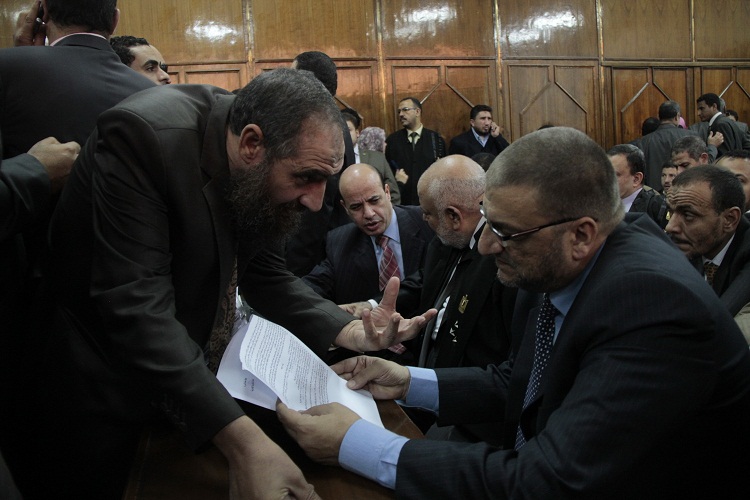Facing one crisis after the other has led many Egyptians to believe that overcoming our challenges is beyond our capabilities. This belief is reinforced by the illusion of a conspiracy theory that is espoused by many Egyptians who are convinced that other countries are plotting against us. These two factors have hampered our thought patterns and prevented us from realising that our problems, and all their consequences, could be the result of our inept decision-making and policy articulation—and are completely unrelated to any conspiracies.
Unfortunately, we Egyptians tend to view our challenges from a very particular, narrow perspective. This usually means seeing a single solution for every problem, resulting in a focus on immediate results and a failure to notice their consequences and effects—completely undermining the many alternative options that could better resolve our challenges and frequently overlooking indirect factors that could affect our process of reasoning. Our thoughts are often shaped by certain ingrained behaviours, such as constantly praising our leaders’ decisions, which keeps us from identifying their mistakes and discourages the rest of society from developing ideas that contradict their views.
The real dilemma in Egypt is that we live in a machine that consumes us mentally and physically, and whose actual output is not sufficient to meet our basic needs and obviously does not provide a satisfactory quality of life. Unsurprisingly, our adherence to the same mindsets and tools, in addition to our unprofessional inputs, has led us to the same failures that we experienced previously. Furthermore, after decades of use, the machine itself is becoming outdated, consuming the entire nation’s cumulative energy—and yielding inadequate outputs.
Some argue that most advanced nations deploy their citizens in similar machines, wherein people work hard to pay their monthly bills. This is true. However, their machines are operating quite well; they function properly and are renovated often, while our machine benefits only a small number of people who receive substantial outputs, is greedy with the majority, and has a negative impact on the entire society.
“I have carefully examined the problem,” proclaim many Egyptian politicians when encountered by ideas that contradict their own. In essence, ideas are intimately linked to their initiators’ capacities—and many officials may not have an accurate vision of the challenges we face. In fact, not listening to other citizens’ perspectives is in itself a critical shortcoming. Furthermore, the assumption that growth is the most important economic factor has driven the entire society to systemically concentrate on natural growth at the expense of national development.
Concerning Egypt’s crucial decision-making process; it is affected by large numbers of people, most of whom have no idea what they are talking about—yet, the state often includes them in the decision-making process due to their power, derived from corruption. Additionally, the Egyptian media that substantially influences the nation’s mindset (including that of the state) has a completely unethical agenda that works on gaining increasing popularity at the expense of informing the public and promoting citizens’ knowledge of the truth.
We often think about developing and expanding our infrastructure, but we do not exert the same amount of effort to expand citizens’ minds by providing better quality education and offering access to knowledge that is relevant to the challenges we face. Expanding road networks won’t, on its own, lead to economic growth; relevant economic policies and clear investment incentives will serve to maximise traffic on these roads and deliver the real fruits of infrastructure development. The Egyptian state does not only need to better study its policies prior to their application; it also needs to stop sending out ambiguous signals that could be misinterpreted by its citizens.
Our country’s true challenge is in our inability to visualise our problems accurately, combined with our misplacement of available resources. Being constantly under the impression that others are working against us won’t help us address our challenges sensibly. Periodically changing government executives while maintaining the exact same mindset can only have one result: living with our problems for a longer period. We need to change our “thinking mechanism” completely—as well as the people and tools that have been operating this mechanism.
Mohammed Nosseir was a member of the Higher Committee, and headed the International Relations of the Democratic Front Party from 2008 to 2012.


